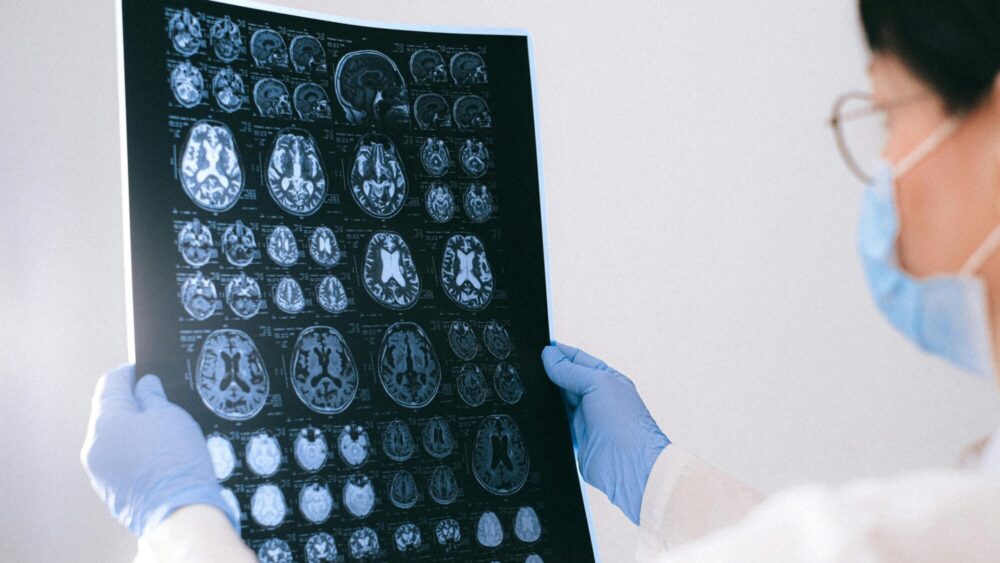
Radiology technicians in some UK hospitals have been told to ask men if they are pregnant before conducting scans.
The new guidelines were issued following an incident where a pregnant woman who presented as a man underwent a CT scan, the Telegraph reports. Radiology procedures such as X-rays and CT scans can be harmful to unborn babies.
The guidelines instruct radiology operators to ask all patients between the ages of 12 and 55 if they are pregnant before proceeding with the scans. They also include admonitions to staff to be sensitive to transgender, non-binary, and intersex patients. Patients are also required to fill out new forms asking about their gender at birth and their preferred pronouns.
However, radiographers have described incidents in which the new protocols made some men so angry they stormed out of appointments without getting their scans done. Women, too, have had strong reactions, with some crying because of the “invasive” fertility questions on the forms that ask them to explain why they could not be pregnant, forcing some to recall miscarriages or other incidents that have left them infertile. Previously, it was enough for women simply to state that they were not pregnant.
Radiographers said that many patients have found the new forms humiliating and find it ridiculous that their sex is not obvious to staff. One hospital patient who had to undergo daily scans had even told staff he was starting to doubt whether he was a man after filling out the forms every day for a week.
The rollout of the guidelines is so far not national and it is not known how many hospitals are currently using them, although they are understood to have already been implemented in multiple hospitals in London, the North West and North East.
Campaigners against the protocols have called on the NHS to return to common sense. Doctors said that there are easier and more common-sense ways to handle cases of transgender men undergoing radiology scans.
General practitioner Dr Louise Irvine said that medical records should accurately record each patient’s sex and preferred pronouns. She added that since biological men cannot get pregnant there is no need to ask questions about pregnancy to these patients. Women, including those not identifying with their biological sex, could be asked respectfully and simply if they are pregnant.
She added that the proposed protocols “muddy the water by including so-called intersex conditions.”
